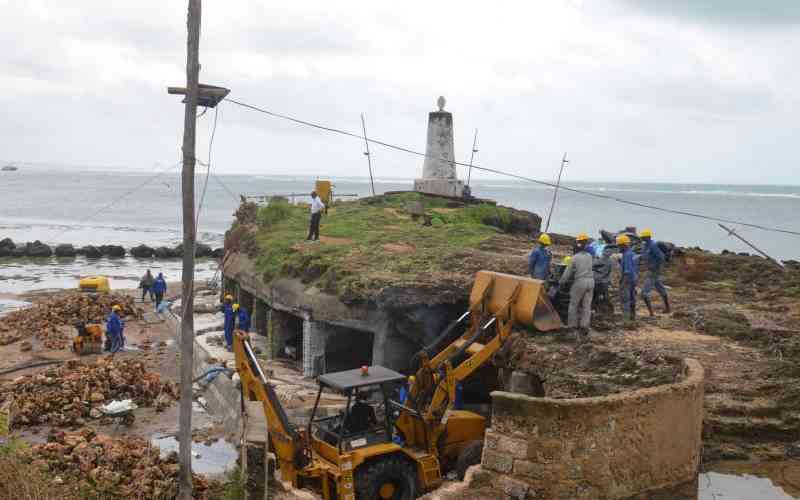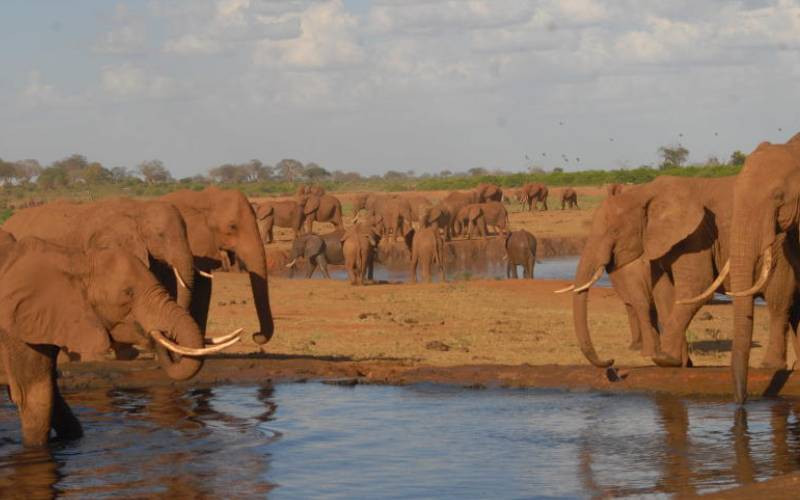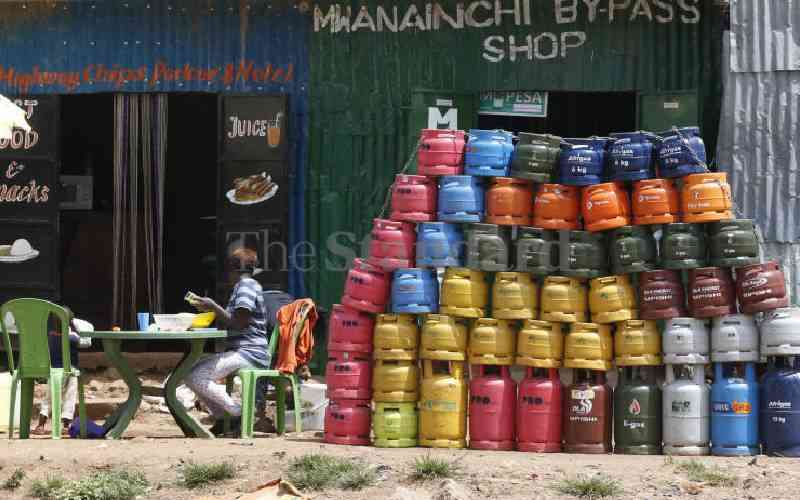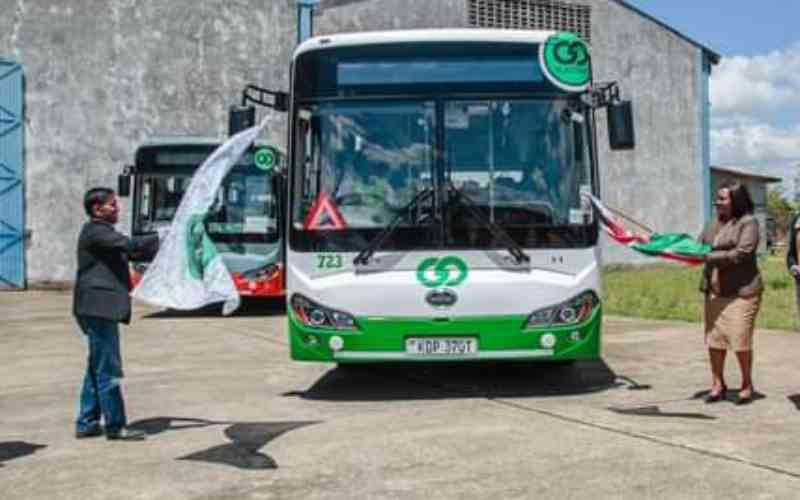Importers of second hand cars in Kenya could be facing billions of shillings in losses following revelations that the pre-shipment motor vehicle inspection tender could have been awarded to a company that does not have the capacity to inspect motor vehicles.
New allegations in the controversial Sh3 billion tender, awarded to Japanese firm, Quality Inspection Services Inc Japan (QISJ) by Kenya Bureau of Standards (Kebs) last month indicate that QISJ is a sister company to the largest exporter of second hand cars to Kenya.
This presents conflict of interest that has seen other car importing companies in Kenya raise the alarm over fears of being locked out of the lucrative market. This comes even as the Parliamentary Investment Committee this week continues its inquiry into the decision by Kebs to award the tender to QISJ last month despite red flags.
According to sources privy to the matter, who declined to be named, QISJ owns a company called Jans Trading based in Japan which deals with the importation of second hand cars into the country. The request for proposal issued by Kebs states that bidders should not be engaged in another line of business that is in conflict with vehicle inspection including exportation.
Documents in the possession of The Standard on Sunday indicate that Kebs’s procurement officer Rhoda Kirui, last week wrote to QISJ demanding the company explain its association with Jans Trading.
Supporting documents
“Kindly avail to Kebs the list of your directors (names and addresses) in Japan, United Kingdom and United Arab Emirates,” reads the letter in part. “Further, we refer you to part D, Article 9 and 10 of the aforementioned contract which prohibits yourself from engaging with persons or in activities that will cause conflict of interest. Provide a statement from your company stating your relationship with Jans Trading Company.”
However, QISJ has since denied any association with Jans Trading Company, terming the efforts to link the two as propaganda by rivals. QISJ further states that anyone with evidence that the two companies are owned by the same entity should provide proof to substantiate their claims.
The award of tender to QISJ was challenged at the Public Procurement Oversight Authority (PPOA) by the losing entities but was dismissed on the basis that they did not have supporting documents. Earlier this year, the standards body had awarded QISJ a three year contract prompting uproar from other bidders who had lost including Japan Export Vehicle Inspection Centre (Jevic) and East African Automobile Services (EAAS).
The two raised their objections to the tender through the Public Procurement Administrative Review Board which halted the signing of the tender as the matter was determined. At the review board, the firms accused each other of forgery during the tendering process.
Jevic and EAAS state that due diligence was never carried out by Kebs before it awarded the tender. “Kebs never did due diligence because officials from Kebs came to our offices in the UK over Christmas when the offices were closed and there was no one in the premises,” states Daniel Mureithi, a local representative from EAAS. “They also did not do any due diligence for our offices in Japan despite the fact that we are located in the same building with QISJ and ours is the first premise you get to.”
“The way the due diligence was conducted appears to have been only a formality since to the rest of us, it was clear that a decision had already been made.”
EAAS further states that QISJ sub-contracts its inspection work to other providers including EAAS because it does not have the capacity to carry out motor vehicle inspections alone.
Kebs however states that it conducted due diligence on all bidders and that QISJ was identified as the successful bidder. “Due diligence was undertaken to check compliance with the request for proposals during the evaluation process and through clarifications of the bids,” states the company in a statement replying to our inquiries.
“Due diligence was further carried as a confirmation of the technical evaluation to confirm and verify what was submitted in the bid proposals.” “The third level, involved visits to Japan, UK and UAE, and a post award due diligence was carried out before contract signing and the successful bidder was found satisfactory.”
Fairness
This is not the first time that the country’s standards body is finding itself in a tight spot with inspection companies. In 2013, Kebs was blamed for allowing Jevic to allow into the country overage cars, an issue that later found its way into the floor of Parliament and is thought to have led to the exit of the former CEO.
Last year the two were embroiled in a blame game over the importation of several cars which were found to be contaminated by radioactive material prompting the intervention of the Kenya Radiation Protection Board.
Kenya imports an average of 7,000 used vehicles monthly and industry players say awarding the inspection tender to a company that has interests in the importation business could create a monopolistic situation in Kenya’s second hand car importation business.
In the previous awards, the tender to inspect second hand vehicles into the country from Japan, United Kingdom, Dubai, Singapore and South Africa was awarded to three companies.
The fact that Kebs has awarded the tender to one company this year has raised queries about the fairness of the process.
 The Standard Group Plc is a multi-media organization with investments in media
platforms spanning newspaper print operations, television, radio broadcasting,
digital and online services. The Standard Group is recognized as a leading
multi-media house in Kenya with a key influence in matters of national and
international interest.
The Standard Group Plc is a multi-media organization with investments in media
platforms spanning newspaper print operations, television, radio broadcasting,
digital and online services. The Standard Group is recognized as a leading
multi-media house in Kenya with a key influence in matters of national and
international interest.
 The Standard Group Plc is a multi-media organization with investments in media
platforms spanning newspaper print operations, television, radio broadcasting,
digital and online services. The Standard Group is recognized as a leading
multi-media house in Kenya with a key influence in matters of national and
international interest.
The Standard Group Plc is a multi-media organization with investments in media
platforms spanning newspaper print operations, television, radio broadcasting,
digital and online services. The Standard Group is recognized as a leading
multi-media house in Kenya with a key influence in matters of national and
international interest.









